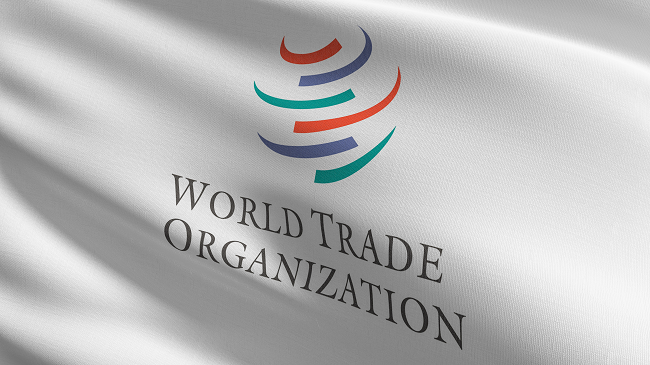
The WTO’s 28th Trade Monitoring Report on global trade measures, launched yesterday (14 November), shows there has been an increase in trade restrictions among the G20 for the reporting period May to October 2022.
The report states that this is part of a pattern that has emerged since 2020, when “the pace of implementation of new restrictions by WTO members, in particular on the export side, has increased”.
Post-pandemic
While this was initially due to the Covid-19 pandemic, it has more recently been driven by the war in Ukraine and the resulting food security crisis. WTO members have gradually lifted some of these export restrictions.
But, according to the report, as of mid-October 2022, 52 export restrictions on food, feed and fertilizers and 27 Covid-19-related restrictions on essential products to combat the spread of the virus were still in place.
Of these, 44% of export restrictions on food, feed and fertilizers, and 63% of pandemic-related measures were maintained by G20 economies.
‘Wrong direction’
WTO director general Ngozi Okonjo-Iweala called on G20 countries, and all WTO members, to refrain from adopting new trade-restrictive measures that can further contribute to a worsening of the global economic outlook. She said:
“While some trade-restrictive measures have been lifted by G20 countries, our report indicates that the trend has been going in the wrong direction. Export restrictions contribute to shortages, price volatility, and uncertainty.”
Okonjo-Iweala, who is attending the G20 Leaders' Summit in Bali, called on G20 economies to build on pledges made at the 12th Ministerial Conference in June 2022 to keep markets open and predictable, so that goods can flow to where they are needed.
Draft communiqué
The FT reports that diplomats at the G20 Summit have agreed a draft communiqué that will prevent this being the first ever meeting to end without a statement from the gathered leaders.
If signed off, it will highlight the need for the world to “reject entering an era of war” and will condemn threats to use nuclear weapons. The wording, if accepted, is more a direct and resolute warning to Vladimir Putin than many Western experts had predicted.
Changing tune on Russia
As the WTO report highlights the negative impact of the war in Ukraine on global trade – and amid concerns of the economic damage being done globally – so countries previously supportive of, or at least neutral to, the Russian invasion seem more willing to condemn it.
China’s president, Xi Jinping, spoke of how the G20 “must resolutely oppose the attempt to politicise food and energy issues or use them as tools and weapons”.



